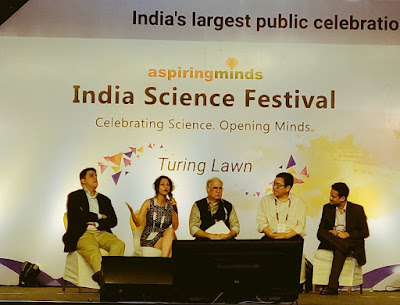EM Opinion Piece: The academic frontier
The academic frontier
By acknowledging that the academic frontier isn’t as fair as it would like to appear, maybe we will be kinder to one another as we plod ahead.
 Academia is all about marking territory. Grab hold of a trending topic and make it yours. Invent a term, coin a concept and hope it sticks. Knowledge is propertied. Sometimes the game gets vicious. Predatory. Perhaps a senior scholar in need of renewal may prey on the work of their doctoral student or younger colleagues. A ‘rock star’ academic can encroach on well established and poorly marketed scholarship and brand it around him or her. A major grant can buy an emerging scholar a ‘reputation’ overnight that others have spent years struggling to build through the long road of committed research.
Academia is all about marking territory. Grab hold of a trending topic and make it yours. Invent a term, coin a concept and hope it sticks. Knowledge is propertied. Sometimes the game gets vicious. Predatory. Perhaps a senior scholar in need of renewal may prey on the work of their doctoral student or younger colleagues. A ‘rock star’ academic can encroach on well established and poorly marketed scholarship and brand it around him or her. A major grant can buy an emerging scholar a ‘reputation’ overnight that others have spent years struggling to build through the long road of committed research.


Comments
Post a Comment